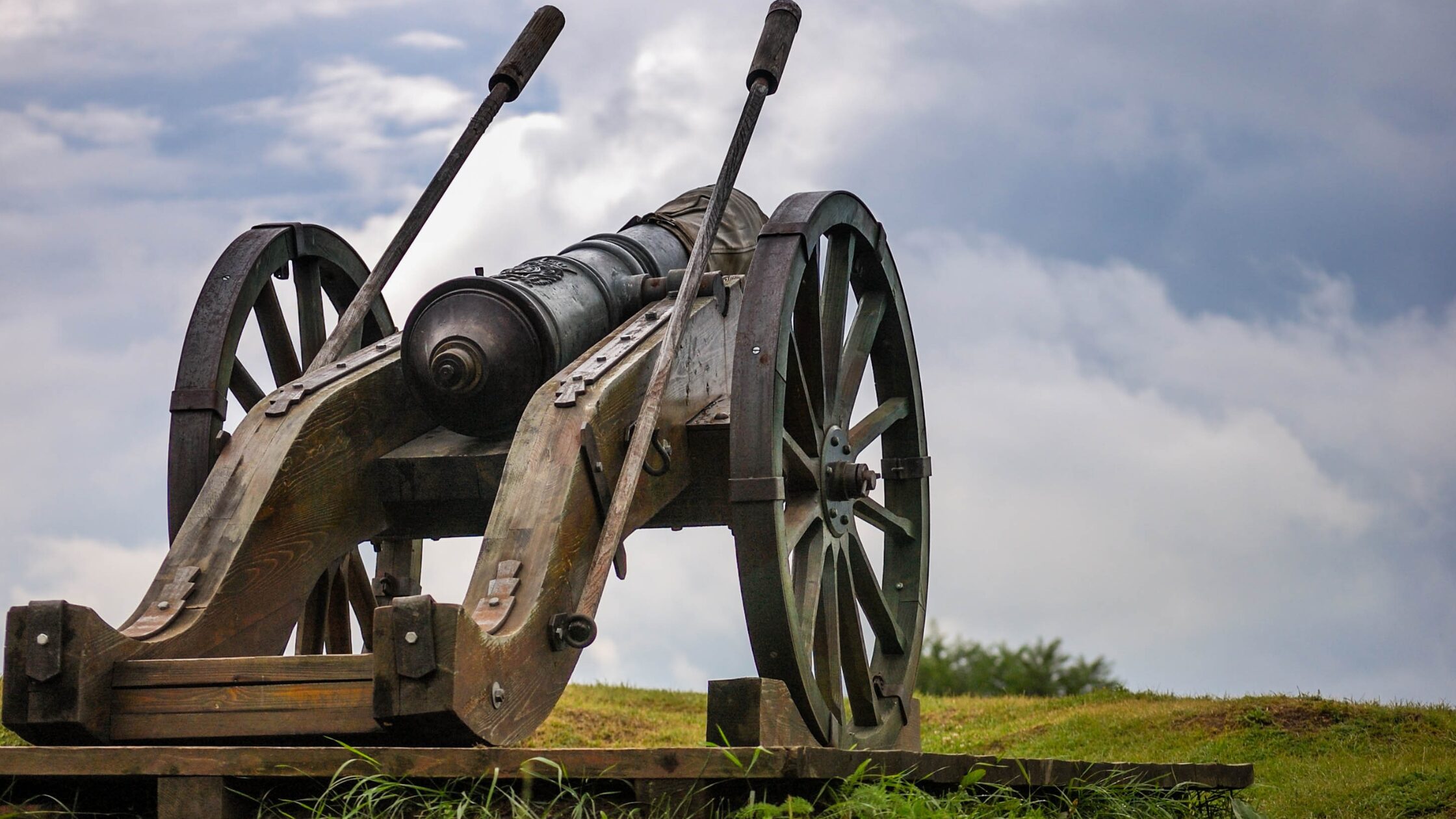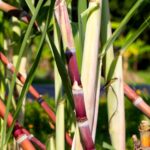Here are some of the best museums in Fiji you should visit to discover the natural and cultural history of this fascinating country:
- Fiji Museum (Suva): The Fiji Museum houses a vast collection of artifacts and exhibits showcasing Fiji’s rich cultural heritage and history. Highlights include traditional Fijian canoes, war clubs, pottery, and displays on cannibalism and colonial history.
- Tavuni Hill Fort (Sigatoka): This ancient hilltop fortress offers stunning panoramic views of the surrounding area and provides insight into Fiji’s pre-colonial history. Visitors can explore the remains of the fortification walls and learn about its strategic significance.
- Gun Site (Lautoka): The Gun Site is a historical site dating back to World War II, featuring remnants of coastal defense installations and military artifacts. Visitors can explore bunkers, gun emplacements, and underground tunnels while learning about Fiji’s wartime history.
- Fiji Maritime Museum (Lautoka): The Fiji Maritime Museum showcases Fiji’s maritime heritage through exhibits on traditional navigation techniques, boatbuilding, and the country’s seafaring history. Highlights include model ships, navigational instruments, and artifacts from shipwrecks.
- Fiji Military Forces Museum (Suva): This museum offers insights into Fiji’s military history, with displays on military uniforms, weapons, equipment, and historic battles. Visitors can learn about Fiji’s involvement in various conflicts and peacekeeping missions around the world.
- Fiji Sugar Museum (Lautoka): The Fiji Sugar Museum provides an overview of the sugar industry’s impact on Fiji’s economy and society. Exhibits include vintage sugar processing machinery, photos, and interactive displays on sugar cane cultivation and processing.
- Hibiscus Highway (Suva): This outdoor museum features a collection of colorful murals depicting Fiji’s cultural heritage, historical events, and natural beauty. Visitors can take a leisurely stroll along the Hibiscus Highway to admire the vibrant artwork and learn about Fiji’s cultural diversity.
These museums offer unique insights into Fiji’s culture, history, and heritage, making them must-visit attractions for travelers seeking to delve deeper into the country’s fascinating past.
Overview of Fiji’s Museums
Fiji’s rich history is showcased across various museums. From the iconic Fiji Museum in the nation’s capital to the cultural insights offered at local studios, you’re in for an educational treat.
Fiji Museum
Situated in Suva, the administrative capital of Fiji, the Fiji Museum offers a unique glimpse into the island’s past. Housing an extensive collection with artefacts dating back 3,500 years, this museum allows you to explore the historical progression of Fiji’s communities. Located within the Thurston Gardens, it is a place where you can see both Fijian and Indo-Fijian artefacts.
Sigavou Studio
Sigavou Studio introduces you to traditional Fijian art with a contemporary twist. Family-operated, this studio not only displays local art but also encompasses the methods and stories behind them — a true cultural immersion. Although smaller than a typical museum, it presents a personal experience reflective of the vibrant arts scene on Viti Levu.
Historic Sites and Military Museums
While not as prevalent as history museums, military museums and historic sites scatter throughout Fiji, providing insights into the nations’ varied past. Some museums and sites also offer detailed narratives of Fiji’s role in global military history, which might include aspects of Fijian village involvement in these events. These are essential visits if you’re keen to understand the full spectrum of Fijian heritage.
Visitor Information
When planning your visit to Fiji’s museums, you’re in for a treat with rich cultural experiences and historical insights. Make sure to check out the essential details such as admission prices and opening hours, as well as the location and accessibility of each museum to ensure a smooth and enjoyable visit.
Admission and Opening Hours
Fiji Museum:
- Admission: Fees may apply; check the latest prices on the museum’s official website or trusted platforms like TripAdvisor for any updates.
- Opening Hours: Typically open from 9:30 am to 4:30 pm, Monday to Saturday. Confirm current hours before your visit as they can change.
Sigavou Studios:
- Admission: Access to art galleries is often free, but some special exhibits might require a fee.
- Opening Hours: Opening days and times may vary; it’s recommended to contact them directly to plan your visit.
Location and Accessibility
Fiji Museum:
- Location: Nestled in the heart of Suva, the museum is easily accessible by public transport or personal vehicle.
- Accessibility: Ensure to inquire about any specific accessibility needs you might have with the museum staff as facilities can differ.
Sigavou Studios:
- Location: Located in a more intimate setting, this studio may not be as widely known as larger institutions but is worth the find for its unique art.
- Accessibility: Before heading out, check in with the studio regarding accessibility, especially if you have particular requirements.
Note that user preferences and reviews on TripAdvisor can shed light on the popularity and experience of each museum, catering to a range of interests and historical curiosities. It’s advantageous to look at local information for any seasonal changes or special events that might impact your plans.
Experiences and Activities
When you visit museums in Fiji, you have the chance to engage with the rich cultural heritage through a variety of tours, hands-on exhibits, and live performances. These experiences are designed to enhance your understanding and appreciation of Fijian history and art.
Guided Tours and Workshops
Explore the Fiji Museum with a guided tour, where knowledgeable guides share insights into Fijian culture and history, with some archaeological pieces dating back over 3,500 years. Participate in workshops to learn traditional Fijian art methods. Some studios, like Sigavou Studios, may offer you the opportunity to create your own hand-made gifts, combining traditional techniques with modern artistic expressions.
Interactive Exhibits
Museums in Fiji aren’t just about observing; they include interactive experiences allowing you to get hands-on. From trying your hand at traditional Fijian crafts to engaging with exhibits that underscore the importance of ocean conservation, these activities allow you to connect more deeply with the local environment and cultural practices.
Cultural Performances
You’re in for a treat with a variety of cultural performances that bring Fijian traditions to life. Museums and cultural centres often host live music, dance, and storytelling sessions. Through these performances, you capture a glimpse of the vibrant spirit and communal values that are central to Fijian life.
Traveller Tips and Favourites
When exploring Fiji’s rich culture and history, it’s always a good idea to start at the museums that past travellers have raved about. These cultural hubs offer a fascinating insight into the island nation and often feature near the top of Tripadvisor listings due to their popularity.
Recommended by Travellers
Your fellow travellers often recommend starting with the Fiji Museum in Suva. It’s the go-to destination for those looking to understand Fiji’s cultural roots and pre-colonial life. Here are a couple of specifics to enhance your visit:
- Photos: Don’t forget your camera; you’re allowed to take photos, although it’s respectful to follow community guidelines like avoiding flash photography.
- Community Guidelines: Embrace local customs by interacting respectfully with staff and exhibits.
Hidden Gems
While the larger, more famous museums like the Fiji Museum tend to draw the crowds, it’s those lesser-known spots that can offer a more intimate and unique experience. These are a couple you should consider putting on your map:
- Nadi Museum: Located near the Nadi International Airport, this compact museum is a treasure trove for those interested in the rituals and lifestyles of Fiji’s indigenous communities.
- Sigavou Studios: For a different kind of museum experience, visit this family-run art gallery. Here, traditional Fijian art methods merge with contemporary techniques for a singular visual feast.
Shop and Support
When you visit museums in Fiji, you’re not just exploring the rich tapestry of Fijian history and culture—you’re also getting the chance to support local artisans and craftspeople. Your purchases help sustain the traditional arts that are such a vital part of this vibrant island nation.
Local Art and Souvenirs
Sarong Skirts: Step into any museum gift shop, and you’ll likely find a beautiful array of sarong skirts. These versatile garments are a staple in Fijian wardrobe and are perfect for both casual wear and ceremonial occasions. Made with traditional patterns, each skirt also carries a story of Fiji’s cultural heritage.
Jewellery: Handcrafted jewellery featuring local designs is available in many museum shops. You’ll find items ranging from necklaces to bracelets, each showcasing the intricate detailing of Fijian artisans. Often made with natural materials like shells and wood, these pieces are both a fashion statement and a slice of culture.
Hot Glass & Sand Casting: Look out for the stunning hot glass art and sand-cast pieces. These techniques result in unique, one-of-a-kind creations that reflect the natural beauty of Fiji—from vases that shimmer like the ocean to sculptures that echo the curves of the island’s hills.
Paintings: Discover paintings by local artists that capture the essence of Fijian life, from the lush landscapes to the dynamic shades of the sea. Notice the colouring and shading techniques that bring these scenes to life with a vibrancy matching the spirit of the islands.
Souvenirs: No trip is complete without a keepsake, and the museum shops offer a variety of souvenirs. Whether it’s a small trinket or a substantial piece of art, each item has a story to tell. Pick up a souvenir to celebrate your visit and bring a touch of Fiji into your home.
By supporting these artisans, you’re not just buying a piece of memorabilia; you’re taking part in preserving and promoting Fiji’s cultural legacy.





